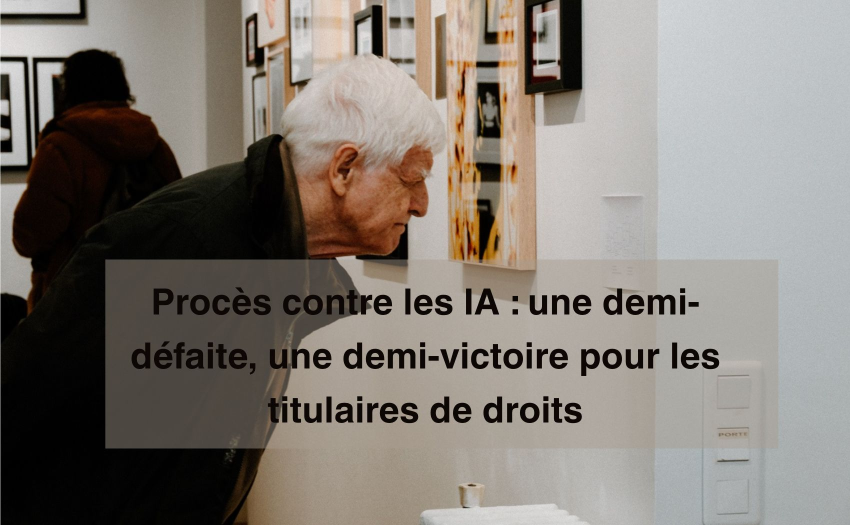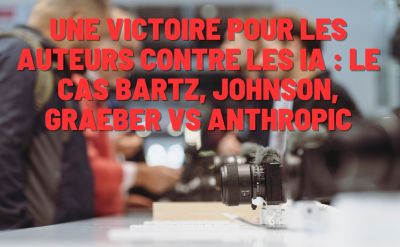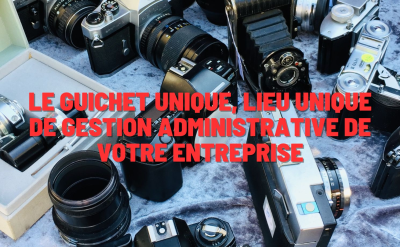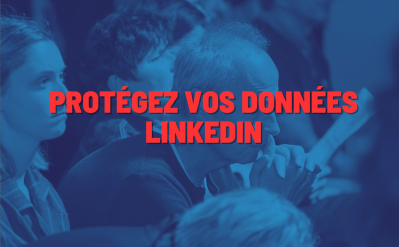News

Credit: Julien Hay
AI lawsuit: half a defeat, half a victory for rights holders
27 June 2025
Legal
Viewed 658 times
A copyright ruling worth reading...
U.S. District Judge Vince Chhabria of the Northern District of California has just issued a crucial decision in Kadrey v. Meta, granting partial summary judgment...
You must be cotisant to read the rest






